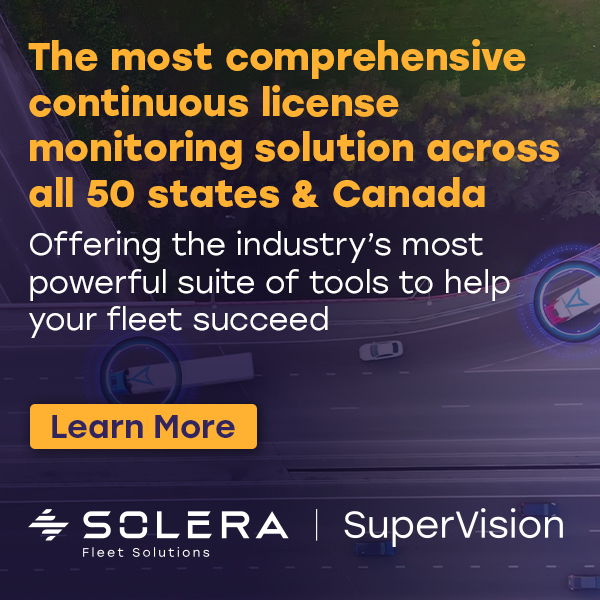
By Ed Smith, President, Agile Fleet
A little over a year ago the whole world changed.
The fleet community has learned a lot since the coronavirus pandemic upended everything. Have you integrated what you’ve learned since the pandemic took hold into your fleet policy and communicated those changes to your fleet staff?
If your answer is “no,” you’re not alone. Many organizations still treat their policy as a one-and-done proposition. Your employee reads it, signs off on it to say they’ve complied, and then…not much else happens. In fact, some organizations still have not implemented a comprehensive fleet policy at all.
The time to institute a company policy to communicate and enforce your fleet policy is right now.
The Benefits of a Comprehensive Fleet Policy
The foundation for everything you do to manage your fleet should be reflected in your comprehensive fleet policy. It provides direction that unifies what your team does, how it is best accomplished, and sets expectations of performance and conduct.
But one of the best things about policies is that they can reduce costs. In this respect, they are a lot like having a money tree that bears fruit regularly.
Scott County Minnesota instituted a policy regarding personal vehicle use that saves them a whopping $250,000 annually. According to Fleet Services System Administrator Jason Allen, they were paying $250K a year in personal mileage reimbursement prior to bringing the Agile Fleet system online. “The cost to use a motor pool vehicle is approximately 38-cents per mile, versus the county paying out 55-cents per mile for the use of a personal vehicle.”
Scott County instituted a policy requiring folks to first check availability of a motor pool vehicle before they could use and get reimbursed for their personal vehicle. An easy-to-use motor pool system along with policy changes significantly decreased mileage reimbursement, and increased accurate mile-tracking, eliminating rounding up the numbers. “We estimate we’ve cut at least 100,000 miles a year from our reimbursements now that mileage driven is accurately tracked in the system,” Jason adds.
The Specifics of a Comprehensive Fleet Policy
Your comprehensive fleet policy should be granular in detail, keeping cost savings, and safety actions and behaviors top-of-mind. Some examples might include establishing a minimum mileage threshold for fleet vehicles assigned to one person, curtail costly driver behavior, policies regarding use of personal vehicles for official business, and even how vehicles need to be branded during the workday.
To get a policy up on its feet and running in the shortest amount of time, you should look to other fleet policies currently in use within your segment. Use search terms such as “government fleet policy,” “drug screening for fleet drivers,” “fleet GPS policy.”
Don’t reinvent the wheel. Use the resources already out there to inform the parameters you intend to set.
Grow … Or Else
Sounds rather dire, doesn’t it? But we must accept that 2021 will be different from 2020, and that was leagues different from anything we’ve experienced in our lifetimes. We as individuals adapted and moved forward. Your fleet policy should be just as nimble and prepared to incorporate new learning and best practices, to include COVID-19 safety rules and procedures. (For more about COVID-19 fleet policies, read this article.)
Having a company policy to consistently revise your fleet policy is crucial to staying on top of change. Develop a process for keeping your policy current, staying mindful of what is going on in the transportation world. To avoid overwhelm, one innovative fleet updates at least one section of their comprehensive fleet policy per month to keep it current in manageable sprints.
Success depends on compliance, and communication is paramount. Systems like FleetCommander automatically reenforce policies as users interact with it, requiring users to read and acknowledge policies while accessing reservations or retrieving keys, for example. The ability to communicate and enforce policies – not just have policies – is key to successful policy use.
Need more information about developing and enforcing fleet policy? Agile Fleet has an e-guide to answer your questions and get your fleet policy going. Agile Fleet also has a team of fleet experts at the ready to help you improve your fleet management Call 571-498-7555 x1 and let us help. As always, reach out to me directly with any questions: [email protected]




